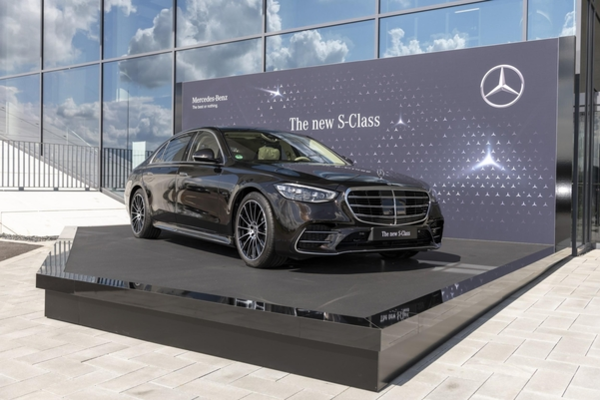Input 2021.01.13 08:49 | Revision 2021.01.13 09:42

The driver of the vehicle requested an exchange because the’ISG (Idle Stop and Go)’ system, which stopped the engine while stopping last year, did not work. After listening to the opinions of consumers and manufacturers, the arbitration department of the Ministry of Land, Infrastructure and Transport concluded that’repair is impossible’ at the end of last year after a final investigation by the Korea Transportation Safety Authority’s Automobile Safety Research Institute.
According to Mercedes-Benz Korea, there were about four customers who raised ISG-related issues to service centers nationwide, and three other than one who was judged for exchange did not file a claim for relief from the Lemon Law. Benz Korea announced that it took measures to notify customers who raised the same problem individually so that customers who wanted to go to the service center to receive repairs. In addition, he explained that vehicles having the same problem with the model can visit the service center in the future.
The Ministry of Land, Infrastructure and Transport has been implementing the’Automotive Management Act Enforcement Decree and Enforcement Regulation Amendment’ and the so-called’Korean Lemon Act’ since January 2019, following the BMW fire accident in 2018. It is a system that exchanges or refunds through arbitration in the event of 2 major defects or 3 general defects within 1 year after purchasing a new car. In particular, the prime mover, power transmission system, steering system, and braking system are considered major defects.
Since the enactment of the Korean Lemon Act, the deliberation committee of the Ministry of Land, Infrastructure and Transport has received more than 570 arbitration applications.
A representative from Mercedes-Benz Korea said, “We will respect the decision of the deliberation committee and follow the procedure to exchange the customer’s vehicle as soon as possible.” We are discussing with the customer whether to do it.”
